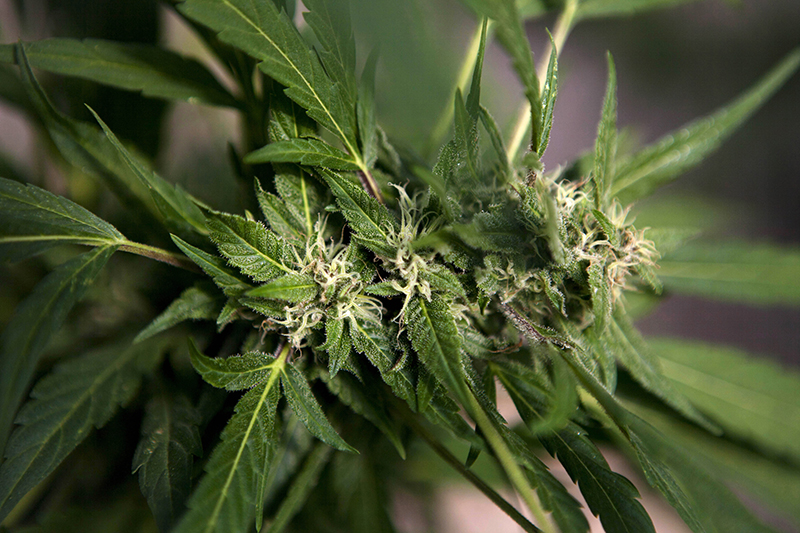Land grab: Everyone wants a piece of New York’s marijuana tax revenue
Officials: Poor Brooklyn Neighborhoods Should Get Restitution Funds

Rival groups are putting in their bids now to get a chunk of an expected windfall in marijuana tax revenue, as New York state moves closer to legalizing cannabis for adult use.
Some Brooklyn officials are pushing for a “cannabis equity program” to benefit communities of color who have suffered from past disparities in marijuana enforcement.
Another group is eyeing this revenue to help fix the subway system — which the MTA estimates will need roughly $40 billion over the next ten years.

Brooklyn Boro
View MoreNew York City’s most populous borough, Brooklyn, is home to nearly 2.6 million residents. If Brooklyn were an independent city it would be the fourth largest city in the United States. While Brooklyn has become the epitome of ‘cool and hip’ in recent years, for those that were born here, raised families here and improved communities over the years, Brooklyn has never been ‘uncool’.